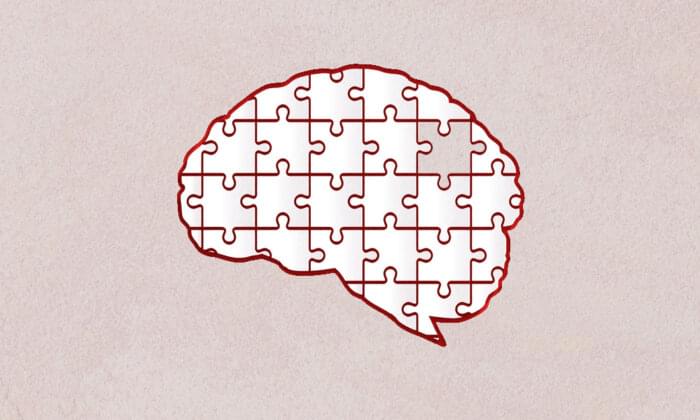Monitoring electrical signals in biological systems helps scientists understand how cells communicate, which can aid in the diagnosis and treatment of conditions like arrhythmia and Alzheimer’s.
But devices that record electrical signals in cell cultures and other liquid environments often use wires to connect each electrode on the device to its respective amplifier. Because only so many wires can be connected to the device, this restricts the number of recording sites, limiting the information that can be collected from cells.
MIT researchers have now developed a biosensing technique that eliminates the need for wires. Instead, tiny, wireless antennas use light to detect minute electrical signals.








